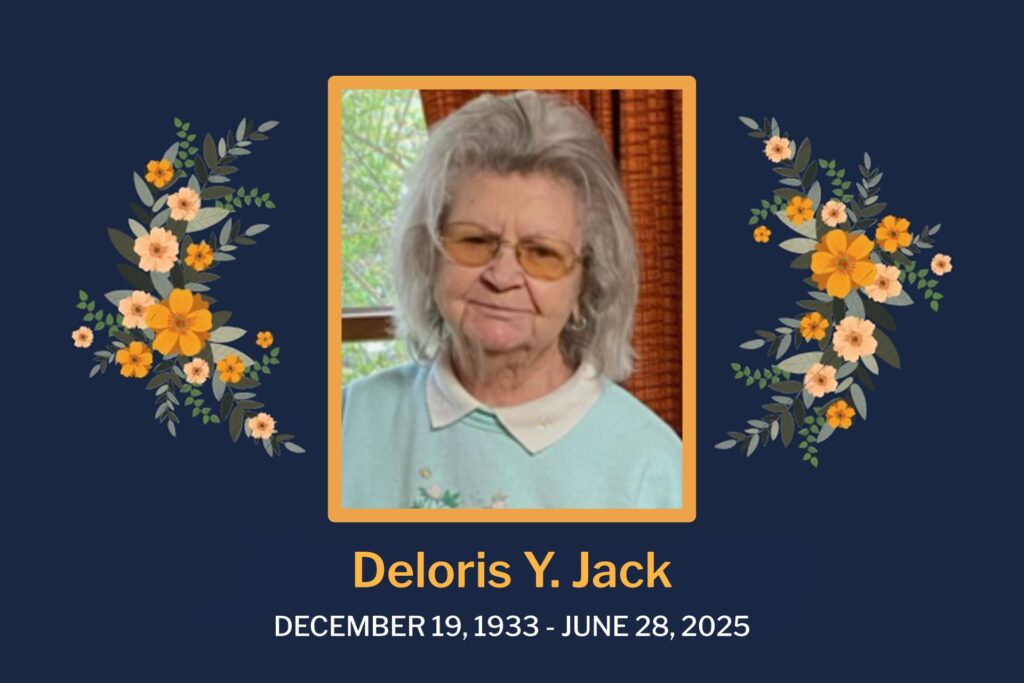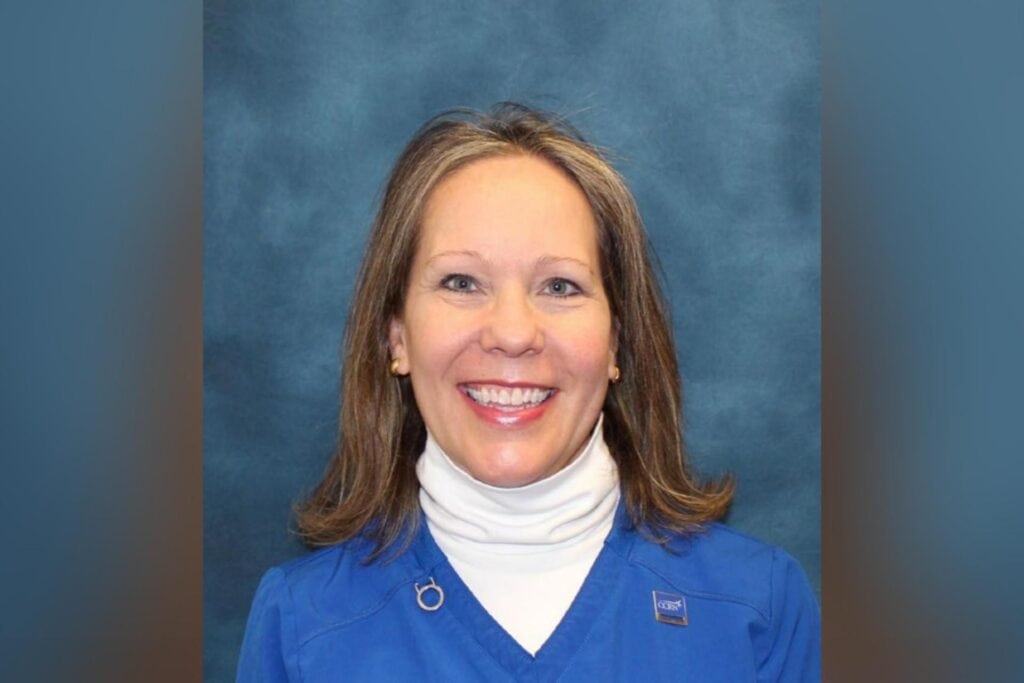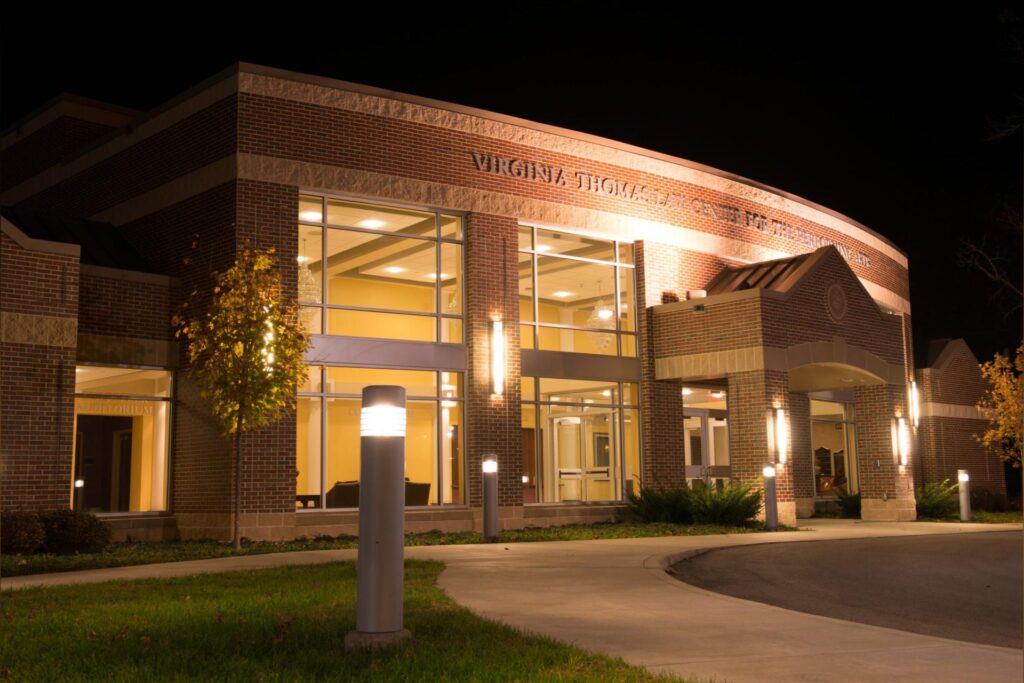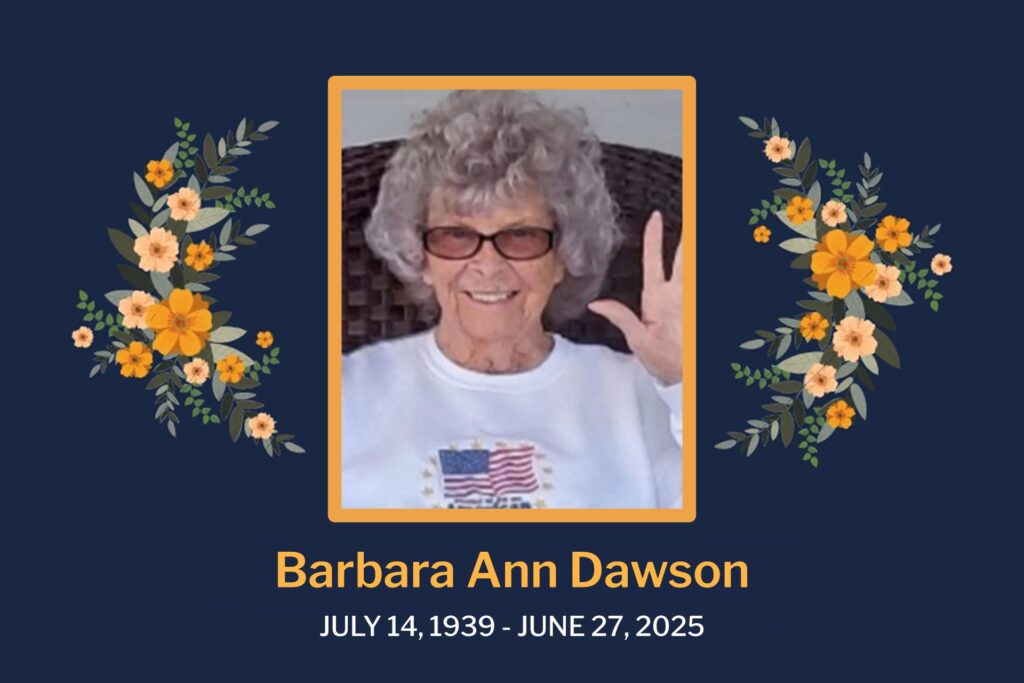Editor’s note: This story was originally published by Mountain State Spotlight. Get stories like this delivered to your email inbox once a week; sign up for the free newsletter at https://mountainstatespotlight.org/newsletter
By Ian Karbal, Mountain State Spotlight
Days before the start of the 2022 legislative session, Senate President Craig Blair virtually addressed a crowd of reporters from the desk in his Senate office. It was the state press association’s annual legislative event where West Virginia leaders show off what they’re looking to accomplish in the coming 60-day session.
One of his priorities, Blair, R-Berkeley, told reporters, was legislation creating a state-funded insurance company to help mine operators otherwise unable to get reclamation bonds, as the private market for bonds dries up in the face of coal’s massive economic decline.
Blair described the bill as so important that it would be the first introduced in his chamber — Senate Bill 1. He said the measure was “sorely needed to protect the mining industry.”
But just two days earlier, behind the scenes, the coal industry had rejected that assessment.
“We question the need or desirability of creating the Mutual at this time,” West Virginia Coal Association President Chris Hamilton wrote to a Senate lawyer working on the bill, in an email obtained under the Freedom of Information Act. “The current mine reclamation program and special reclamation program are working well.”Now, after the bill sped through the Senate with bipartisan support, it’s poised to become another in a series of laws enacted to prop up the declining coal industry. But while Blair says the measure will benefit both the coal industry and taxpayers, the bill does little to address the underlying problems facing West Virginia’s mine reclamation sites.
The looming reclamation problem
West Virginia officials have been aware for years that mine reclamation funds are inadequate to clean up all the state’s abandoned mines, putting West Virginia’s environment and finances at risk.
In West Virginia and elsewhere, coal companies are legally required to restore the land they mine to a clean and usable condition. To ensure they follow through, companies have to post a reclamation bond, a sort of collateral, but those bonds typically only cover a fraction of the cost of reclamation. If the company doesn’t do the cleanup — often because they’ve filed for bankruptcy — the remaining work must be paid for by private insurers or the state.
The problem was highlighted with fresh urgency last June when a state legislative auditor report painted a grim picture of the program’s future.
In 52 pages, the auditors laid out the problem: a laundry list of issues threatening the solvency of the state’s reclamation funds, including that a small number of companies own a massive share of reclamation bonds in the state. This means if one bond company defaulted, it could put the state on the line to pay untold millions to clean up old mine sites.
Even if the bond companies don’t default, relying on these bonds to reclaim mined land is insufficient, because the reclamation bonds are issued at a rate that only covers a fraction of the cost. Ultimately, when a mining company fails to fulfill its reclamation requirements, usually upon declaring bankruptcy, the burden can fall to the state.
And as the mining industry continues its downward spiral, driven in part by declining reserves and abundant natural gas, the private institutions that issue them bonds are balking at the prospect of ensuring potentially unreliable clients in a waning industry.
The audit “makes it quite clear that inaction is not an option,” Blair said in an email earlier this month in response to questions. His bill will create another insurance option, which will ensure that the mining industry can continue to operate in the state. This means the state would continue to collect severance taxes, which also go toward funding local and state government, as well as mine reclamation.
The legislative auditor’s report found numerous interconnected issues that have contributed to the depletion of state reclamation funds, including a lack of severance tax collection oversight, insufficient bond requirements, and allowing mining companies with a history of bankruptcy or severance tax avoidance to mine more coal. But while the legislative audit laid out a number of suggestions for addressing these problems, creating a new bonding company wasn’t one of them.
“The bill will do absolutely nothing to assist with any part of the reclamation bonding crisis in West Virginia,” said Peter Morgan, a senior attorney at the Sierra Club. “That’s because the crisis has to do mostly with the inadequacy of the special reclamation fund bond pool and, by definition, nothing in [the bill] impacts that part of the bonding program.”
In fact, Blair’s bill will replicate the existing bond company structure, but the company will be run by political appointees.
Asked how the proposed company would address the numerous issues raised by the audit, or the general lack of money for reclamation, Blair said in an email, “the bottom line is we have to start somewhere. All of those other findings and the concerns magnify exponentially if bonding companies default.”
Coal industry called bill unnecessary
While Hamilton and the Coal Association initially rejected the idea, they did lobby for one key change to Blair’s bill: that the mutual insurance company should not single out the mining industry, and instead benefit a broader group of industries requiring performance bonds, like construction, oil and gas or manufacturing. In fact, Hamilton wanted as many specific references to the mining industry as possible removed from the bill altogether, he wrote in an email to a legislative staffer working on the bill.
That change didn’t happen, but Hamilton did get his way for another. He was concerned that some of the language in the earlier draft of the bill, pointing out how tenuous the state’s current reclamation program’s funding is, could contribute to the state’s legal liability over reclamation practices. And a successful lawsuit against the program could end up costing the industry, which has benefited from the lack of oversight.
While the bill still singles out the mining industry, the language flagged appears to have been stricken from the bill before its introduction.
And now that the bill is moving through the Legislature, Hamilton and the Coal Association have changed their tune.
Hamilton chalked up his email pushing back on the concept of the bill as “a little extreme and intended to reset the discussions-slash-negotiations.” He added that the Coal Association now fully supports the bill.
But even so, despite the warnings of the legislative report that spurred Blair to action, Hamilton says he doesn’t see cause for alarm.
Legislative audits “try to identify areas that they think are questionable,” Hamilton said. “They seldom say everything’s perfect that we’re looking at. That’s not what they’re paid to do. So they identify areas they think can be improved upon. So I didn’t necessarily take offense to our legislative audit.”
Blair, however, was not so blasé.
“While we respect Mr. Hamilton’s opinions and certainly value his input and experience, in this case, we realized the stark reality presented in the legislative auditor’s report would not allow us to sit back and believe that everything was working well,” he wrote. “West Virginia’s future is too important for a ‘wait and see, it’s fine’ approach with this situation.”
But at least on its face, creating a state-run bonding company won’t address the heart of the problem: the lack of money for reclamation and the sheer amount of land that still needs to be reclaimed.
Reach reporter Ian Karbal at iankarbal@mountainstatespotlight.org














